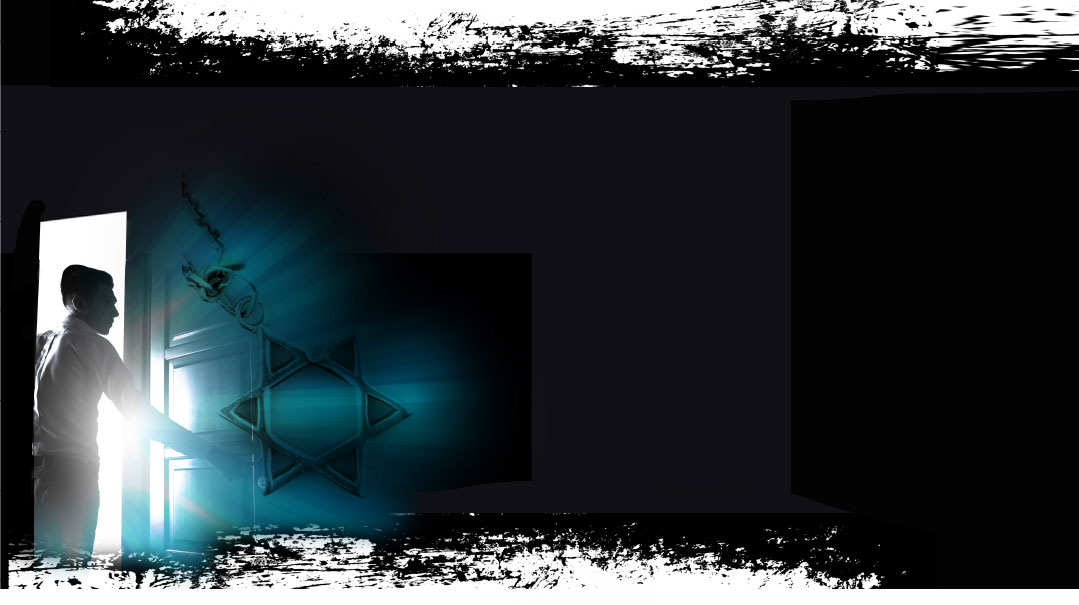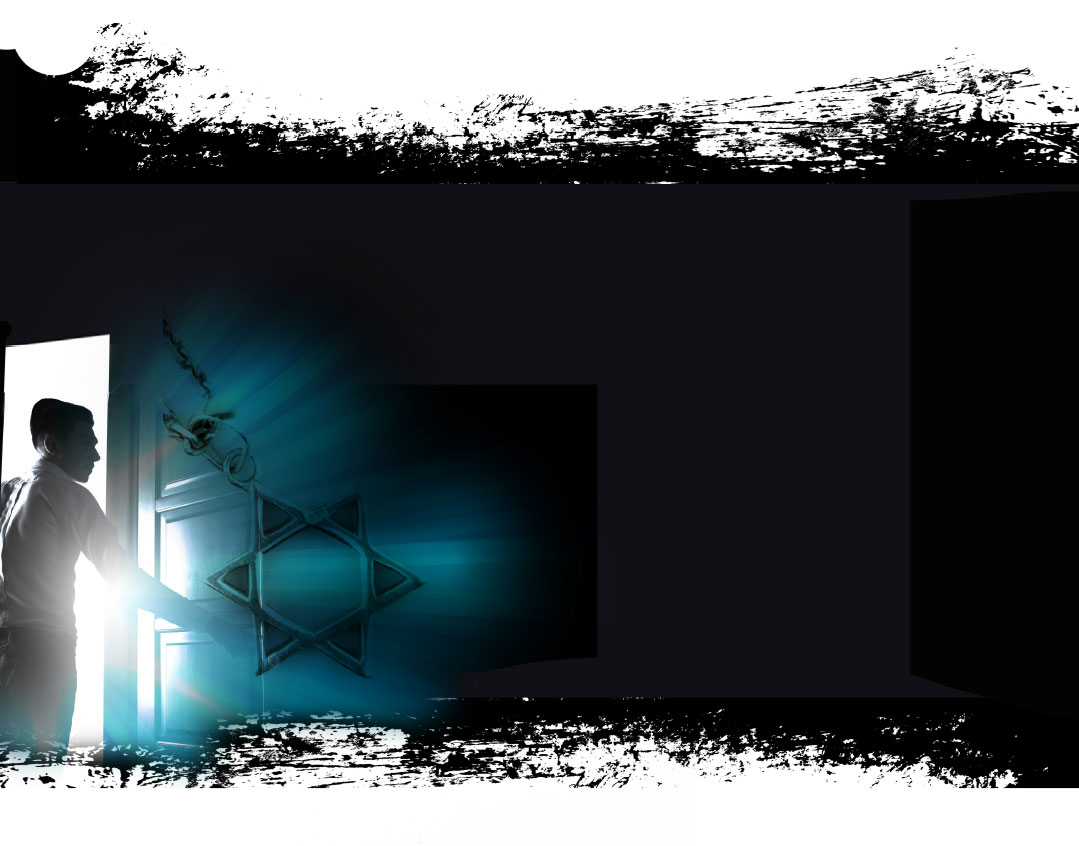Send Them Off as Jews: Chapter 7
| December 30, 2020Facing the end of life — or even seeing that possibility in the distant future — can be a gift, for all sorts of reasons

I once sat in with a group of kollel fellows who were part of a cohort learning the practical aspects of the rabbinate. The session I joined was about officiating at a funeral and was taught by a retired rabbi. He shared his frustration at the fact that a rav has so little time to prepare for a hesped and, as a result, cannot always do justice to the niftar. He confided that over the course of his career, he had started compiling files about some of his congregants. This way, in the event of their passing, he would have easy reference to their good qualities and noteworthy mitzvos.
The rabbi further confided that this led to one of his more memorable rabbinic flops. Wouldn’t it be better, he thought to himself, if I could consult with the ultimate experts on my congregants’ lives? One weekend, he distributed a form to his kehillah. The form asked: What would you like said at your own funeral? What qualities and accomplishments were most important to you over your lifetime? What would you like the rabbi to include in his hesped file?
For some reason, this did not prove to be a popular program. He did not get a single response. He never tried again.
Unpopular though it was, this rabbi’s idea was not far from the advice of Chazal. Aseh devarim lifnei mitasecha, the Gemara says; do things that you would like them to say at your funeral. What occupies our attention most of the time is not going to feature in our eulogy. The rabbi will not talk about how many hours we spent at the office; he will talk about how we were moser nefesh for mitzvos despite our busy schedule. Our families will not remember the particulars of our challenges as much as they remember the grace and strength with which we handled them.
Facing the end of life — or even seeing that possibility in the distant future — can be a gift, for all sorts of reasons. Chazal prescribe thoughts about the day of death as an antidote to the yetzer hara, a lifelong tool for giving our task the proper perspective. As much as most of us do not look forward to this stage of life, it has a way of setting our priorities in order. It seems that for a tzaddik, it is in fact something to look forward to.
Chazal tell us that Yaakov Avinu davened for yissurim; he asked Hashem to give him physical suffering before he died. Today, our primary focus when someone is ill is on relieving their suffering. Why on earth would Yaakov want Hashem to introduce this into his life?
Rav Yisrael Eliyahu Weintraub explained that as a person begins his journey to the Next World, suffering is a way of reorienting our perspective. Living in This World, we are so wrapped up in our physical existence that is hard to appreciate our spiritual side. Suffering helps us understand that our bodies will not last forever, that the center of our existence is not our physical prowess but our spiritual accomplishments. It is the transition to the Olam Haneshamos, the World of the Souls.
These are weighty matters, as you would expect from a discussion of life and death. But there are other, lighter treasures that unlock themselves only during this stage of life.
One such treasure is the perspective the family can gain about what makes life meaningful.
Bella was a woman in her eighties who had fairly advanced dementia. As is sometimes the case with people suffering from dementia, the patient and her family were experiencing her disease very differently.
Bella herself was pleasant, polite, and friendly. She had hardly any memory and rarely recognized even her own children. But she lived in the moment, enjoyed interacting with people, and was well-liked by the staff in the facility where she lived.
Her family, on the other hand, was very anxious. Bella had been a very active woman when she was healthy: witty, sharp, involved in her community, and an avid traveler with a taste for adventure. This person they were visiting seemed like someone completely different.
Bella developed a complication that was going to be difficult to treat, given her age and overall health. Her children asked me to talk with them to help decide on a plan of care and a set of goals for their mother’s remaining time. We convened by conference call: one child was local, one in the next state, and one somewhere on the ski slopes of Utah, although it was, if memory serves, the middle of the summer.
They opened our conversation by stating what they thought was obvious: Their mother would never want to live this way. The mother they knew, so full of life and activity, would not be able to stand seeing herself so limited physically and mentally. They were quite sure she would like nothing more done to prolong her life.
But I asked them to consider it from her perspective.
Bella had a new definition of happiness, although she could never have articulated it. At this stage of her life, she got pleasure and joy from little things and precious moments: from a spoonful of ice cream, from a grandchild’s visit, from music and a friendly smile of an aide in the morning. She was happy living in the moment and being who she was without pretention. We are the ones who are bothered by her limitations. She thinks life is great.
Why wouldn’t we let her enjoy it?
I don’t know how much credit I deserve, but they did let her enjoy it. And when she finally did pass away, her daughter thanked me at the shivah for helping them enjoy their time with her, for helping them to see her as she was at the moment and not who they wished she could have been instead.
We might not wish, as Yaakov Avinu did, for suffering at the end of life. But we can at least understand his thinking. This part of life has blessings we cannot access at any other time. And we can certainly wish, and pray, that we merit to experience them.
Rabbi Daniel Rose is the rabbi at Bnai Jacob Shaarei Zion Congregation in Baltimore, Maryland. He used to serve as the chaplain and director of Jewish Hospice Services for Seasons Hospice and Palliative Care of Maryland. He is also the author of Building Eternity: A New Perspective on the Meaning of Marriage (Menucha Publishers).
(Originally featured in Mishpacha, Issue 842)
Oops! We could not locate your form.









